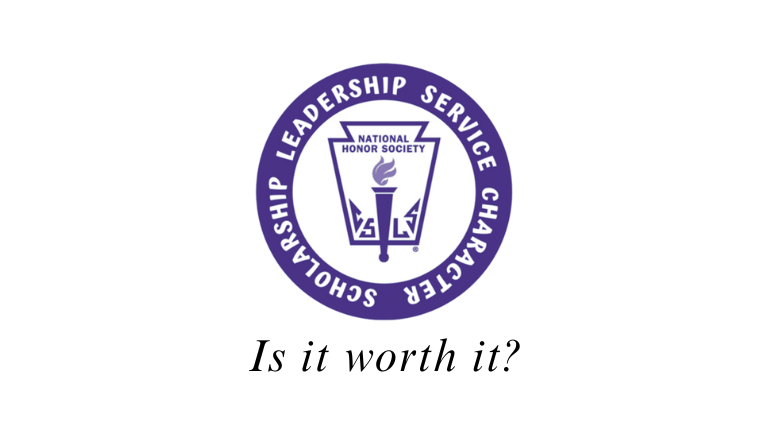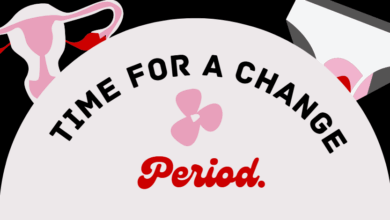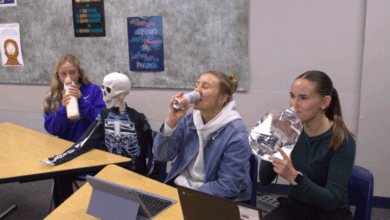Is NHS worth it?
As National Honor Society applications approach, students reflect on the organization

Each year in the fall, an invitational email is sent to juniors and seniors who are candidates for membership of National Honor Society. Those with a GPA of 3.67 or higher, who have displayed a B1 attitude as kind, proud, driven leaders, and/or, as prospective members of the NHS, displaying the heralded pillars of character, scholarship, leadership, and service.
The application includes a recommendation letter from a community member, 5 teacher evaluations, and an online questionnaire. Right from the start, the NHS demands students’ active participation, encouraging them to take responsibility and accountability.
The invitation states, “Membership in this organization is more than an honor; it also demands an obligation to continue to demonstrate the four principles that serve as the foundation of the NHS – leadership, service, character, and scholarship.”
NHS is ‘more than just an honor’, but is it really an honor at all? If it isn’t, was it an honor in the past?
Many have heard that ‘everybody gets accepted’, or the murmurs in the hallways of ‘it’s too easy to get in’, ‘everybody does it’, ‘you can volunteer without it’, ‘there are better uses of time’.
According to Kali Larson ‘27, “I’m applying for NHS because I really like to do community service in and outside of school. Volunteering makes me feel happy inside, and like I can make a difference. I think it’s good, even if everyone gets accepted, because then we have a powerful community of people who are engaged in the same stuff”.
Most people just do it because it looks good, not because they are actually passionate about the cause or organization, but because it is a rite of passage in their mind.
The truth is that, yes, there is little value in just joining to be a part of the group and to say that you’re part of the group. Simply being a member without active participation doesn’t provide real growth or opportunities. The true value lies in the unique experiences the organization offers in service, leadership, and community involvement.
Research shows that students who actively engage in volunteer work develop stronger leadership skills, higher levels of empathy, and improved time management compared to their peers who do not participate in similar activities. For example, NHS members often organize community service projects, such as food drives, tutoring programs, or local environmental initiatives. These experiences not only make a tangible difference in the community but also provide members with skills that can’t be taught in the classroom at a high level, such as project planning, teamwork, communication, and problem-solving.
It isn’t about “looking good” on a resume, because truly, it isn’t something that will set you apart, but the experiences that you will get out of it are. They can change your life for the better and give you knowledge and experience in areas that you wouldn’t have had otherwise. In fact, surveys from the National Association for College Admission Counseling (NACAC) show that colleges value evidence of sustained community involvement and leadership much more than a long list of extracurriculars, or even high academics with minimal involvement. What truly distinguishes a student is how they engage with the opportunities provided. You can formulate a resume from the volunteer experience that you’ll receive through NHS, and you may even find a career path through it, too.
NHS members are a net positive for our school, our town, and society. It isn’t about checking the boxes and fulfilling the requirements, it’s about making a sustaining difference and putting your mark on the community.





